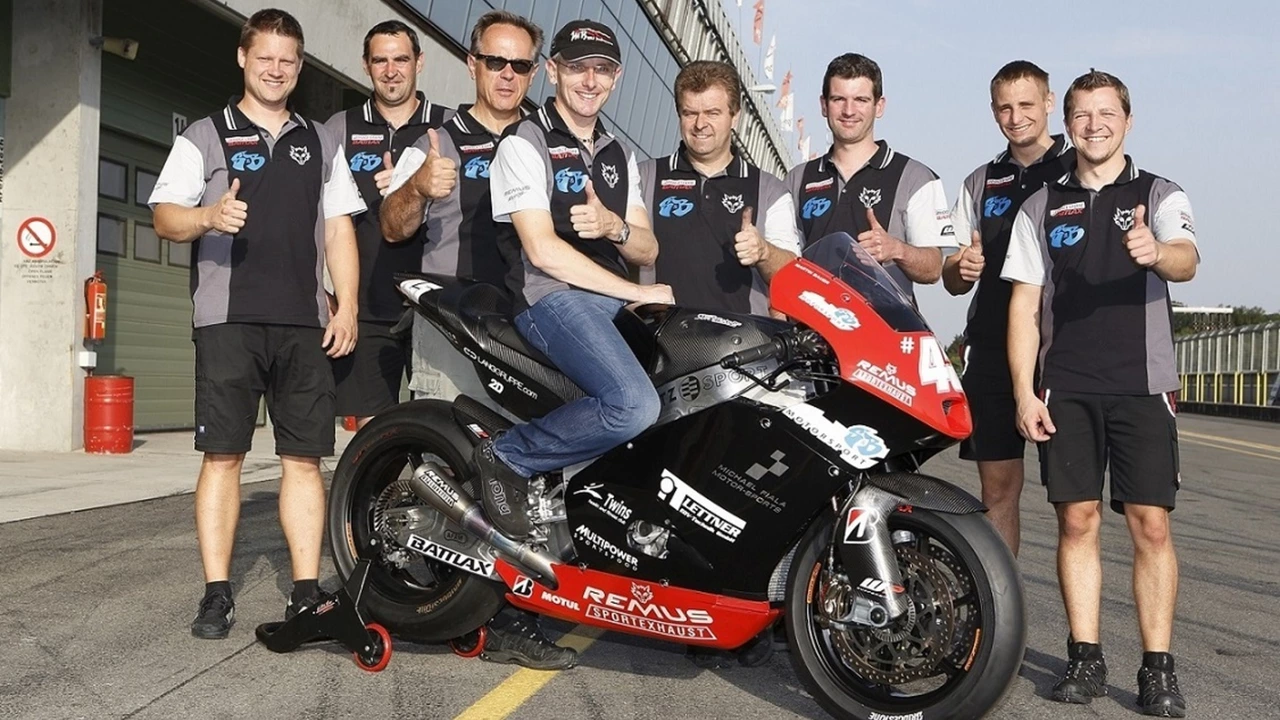How do I go about getting into car racing?
Finding Your Passion for Car Racing
Before you dive into the world of car racing, it's important to understand your own passion and motivation for wanting to get into this thrilling sport. Reflect on what it is about car racing that excites you – is it the adrenaline rush, the competition, or simply the love of cars? Knowing your passion will help you stay committed and focused on your journey to becoming a car racer.
Talk to people who are already involved in car racing, either as drivers, team members, or fans. This will give you a better understanding of the different aspects of the sport and help you decide if it is something you truly want to pursue. Attending racing events and joining online forums are also great ways to connect with others who share your passion.
Choosing the Right Type of Car Racing
There are various types of car racing, each with its own unique challenges and requirements. Some popular forms of car racing include circuit racing, drag racing, rally racing, and autocross. Research each type and determine which one appeals to you the most.
Consider factors such as your budget, your skill level, and the level of commitment you are willing to put in. For example, circuit racing and rally racing may require a more significant investment in terms of time and money, while drag racing and autocross can be more accessible for beginners. It's essential to choose a type of car racing that aligns with your interests and goals.
Acquiring the Necessary Skills
Car racing is a skill-based sport, and it's crucial to acquire the necessary skills before you hit the track. You can start by taking driving lessons and practicing in a safe, controlled environment like a racing school or track day. This will help you build a strong foundation in driving fundamentals such as braking, cornering, and car control.
As you gain experience, consider attending advanced driving courses that focus on racing techniques and car dynamics. These courses are designed to help you develop the skills needed to compete at higher levels of car racing. Additionally, spending time in a racing simulator can be an effective way to practice and refine your skills.
Obtaining a Racing License
To compete in most car racing events, you will need a racing license. The requirements for obtaining a racing license vary depending on the type of racing and the sanctioning body that governs the events. Generally, you will need to complete a racing school, pass a written test, and demonstrate your driving skills on the track to qualify for a license.
It's essential to research the specific requirements for the type of car racing you are interested in and the organizations that oversee the events. Also, be prepared to invest time and money into obtaining your racing license, as some racing schools and licensing fees can be expensive.
Investing in Safety Equipment and a Race Car
Safety is paramount in car racing, and investing in the appropriate safety equipment is a must. Items such as a racing helmet, fire-retardant racing suit, gloves, and shoes are essential for any aspiring racer. Additionally, you will need to install safety features in your race car, such as a roll cage, racing seat, and harness.
Finding the right race car for your chosen type of car racing is another critical step. You may need to purchase or build a car that meets the specific requirements for your racing class, or you can opt for a more affordable option like renting a race car for track days or competitions. Be prepared to invest time and money into maintaining and upgrading your race car as you progress in the sport.
Joining a Racing Team or Club
Car racing is a team sport, and joining a racing team or club can provide valuable support and resources as you pursue your racing career. Racing teams often have experienced drivers, mechanics, and crew members who can offer guidance and advice on everything from driving techniques to car maintenance.
Additionally, being part of a team or club can help you find sponsorship opportunities and reduce the financial burden of car racing. Many clubs also organize racing events and practice sessions, providing you with more opportunities to hone your skills and gain experience on the track.
Competing in Races and Building Your Racing Resume
Once you have acquired the necessary skills and equipment, it's time to start competing in races. Begin by entering local events and gradually work your way up to regional and national competitions. Be prepared to face challenges and setbacks along the way, as car racing is a highly competitive sport that requires dedication and perseverance.
As you gain experience and achieve success on the track, you can start building your racing resume to attract sponsors and advance to higher levels of competition. Networking with other racers, teams, and industry professionals is also crucial in building your reputation and creating opportunities in the world of car racing.






